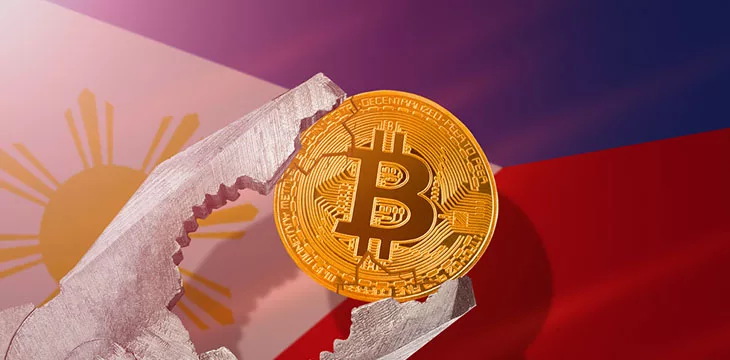|
Getting your Trinity Audio player ready...
|
The Philippines’ Securities and Exchange Commission (SEC) has reiterated its commitment to safeguard local investors in the wake of collapses of major exchanges in the digital asset industry, with its latest effort highlighted in the revised regulatory framework it intends to launch before the end of 2023.
The implosion of FTX in late 2022 underscored the risks of investing in digital currencies, leading to a clamor to regulate the sector. While the full impact of the collapse of Sam Bankman-Fried’s “crypto” empire remains to be seen, the event sparked a domino effect, with firms and personalities with close ties to the exchange being pursued by authorities in an attempt to prevent a similar catastrophe from recurring.
The Philippines was not left unscathed despite being a minor player in the global digital asset space, with the SEC heightening its monitoring powers and pushing for transparency among virtual asset service providers (VASPs) in their dealings. But the country has yet to enforce a clear regulation for the sector.
The Philippines is quite lenient in allowing Filipinos to invest and trade with digital currencies compared to its neighboring countries, such as Thailand and China, making it more vulnerable to the impacts of global developments in the “crypto” space.
Currently, the country heavily relies on investor education to shield consumers from any industry mishaps and allow them to protect their assets. SEC Commissioner Kelvin Lester Lee hopes to change this and make the local digital asset sector more reliant through the regulator’s amended Digital Asset Security Service Providers Rules.
“The delicate balance between having to balance the needs of the public, protecting the public, and the fast-pace of these innovations. Admittedly some of these innovations can change the game—they can bring some vaunted issuances to the public, but at the end of the day, we have to err on the side of caution, at least from a regulators perspective,” Lee said, explaining why the SEC has to come up with the regulations.
Apart from the lack of clear-cut rules governing digital currencies, the Philippines has seen the proliferation of unlicensed digital asset exchanges in the country.
In recent months, authorities have called the attention of numerous VASPs for offering unlicensed digital asset products and breaching the capital markets law, and urge Filipinos to take precautions when investing in unregistered companies, such as Binance, which has been providing unlicensed services to the country for years now.
Lee pointed out that the SEC is not entirely against Binance operating in the Philippines but stressed the need to heed its call to register as a legitimate VASP.
“Overall, as a principle, as a policy direction, that’s what we are looking at: regulating this side and helping stabilize it… In theory, that particular entity (Binance), if they want to come into the Philippines and operate legitimately, they have to either come to us (SEC) or the BSP (Bangko Sentral ng Pilipinas) later on,” he noted, while urging other unlicensed VASPs to do the same to avoid getting into crosshairs with authorities.
While the country awaits the SEC to finalize the latest regulations, Lee said the state agency is working with Facebook (NASDAQ: META) and Google (NASDAQ: GOOGL) on clamping down fraudulent entities using social media platforms to lure Filipinos into investing in illegal assets.
“There’s only so much that we can do as well, so we want the general public to remember that before you invest your money, please check with the SEC, as we always say, ‘Check with SEC.’ Check with us, find if it’s a legitimate company before you put any money in it,” he noted.
Aside from this, the SEC continues to issue public advisories on its website to keep Filipinos updated on the latest happenings in the local digital asset space.
Watch nChain Manila Blockchain Meetup: Preparing the Philippines for blockchain revolution

 02-14-2026
02-14-2026 




